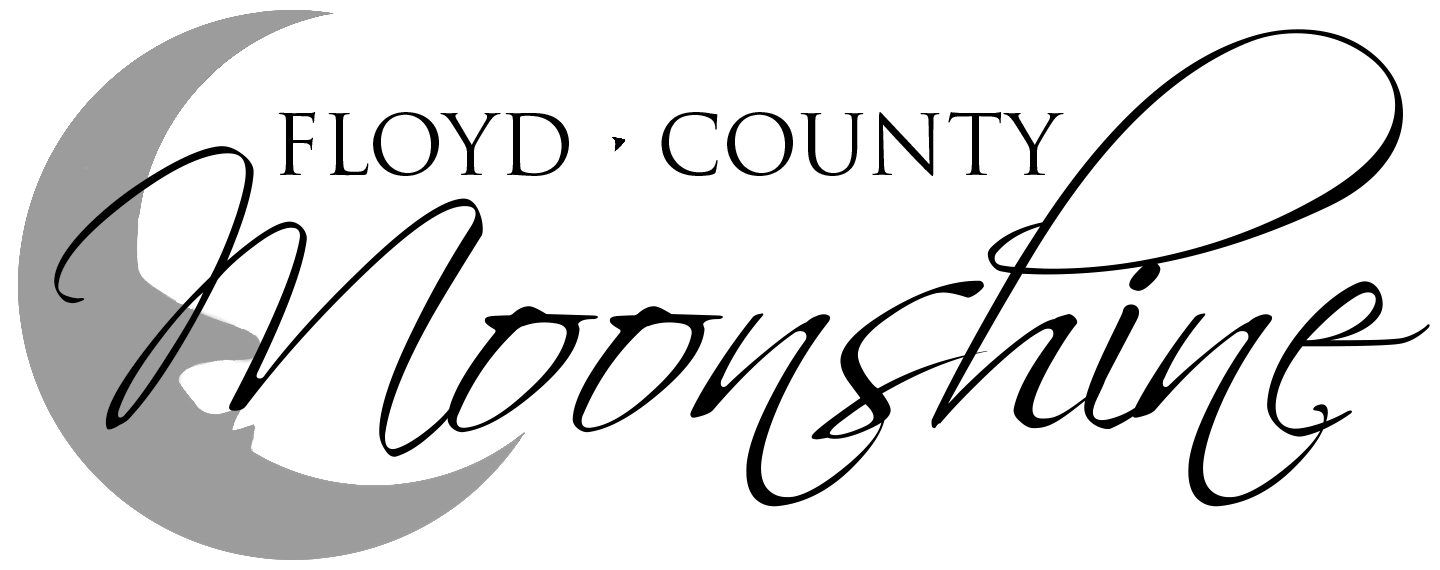
Floyd County Moonshine, LLC, 720 Christiansburg Pike, Floyd, VA 24091-
Copyright © 2008-2022 Floyd County Moonshine, LLC. All Images Copyright © Floyd County Moonshine LLC. ISSN 1946-2263

Elliot Dabinsky
Featured Author Issue 1.4 Summer 2009


Elliot Dabinsky, rakish dance gypsy, cut-
Pretty Boys Make the Worst Lovers
Mara Robbins Interviews Elliot Dabinsky, November 2004
Note: This interview took place as part of a Gender and Women’s Studies class.
Mara: How do you feel about gender roles and expectations?
Elliot: Within the culture, or personally?
Mara: Let’s start with personally.
Elliot: Gender roles have been an evolution for me. As a young boy, I didn’t feel very comfortable—I was never a jock or anything—but as I got older, though I was heterosexual, it became necessary to work out what can only be described as a feminine nature. My expectations of myself were confusing; the expectations from society were full of continual double messages. I think the beginning of my epiphany was when I was hospitalized after I broke my back. I watched a lot of daytime TV. Feminist issues were all over, especially on Phil Donohue. That was where I first saw Gloria Steinem speak, the president of NOW. I realized that the ideal man they were talking about was me. And, if they really meant it, my life was about to change for the better. As it turns out, that was a bit naïve on my part. But I do still think I fit that picture. I like talking about my feelings, I always ask for directions—sometimes I get lost after making only two turns! I honestly love and respect women. Most of the artists and poets I really, really admire are women. They have this particular sensibility. It opens all the right doors in my brain.
Mara: What would you change about being a man, if you could?
Elliot: (sighs deeply) I personally would like it if men did not always have to be
the breadwinner. I always enjoyed care-
Mara: As a society, how do you think the way we teach our sons to be men is different from the way we bring up our daughters?
Elliot: Well, I think that families have these built-
Mara: What do you think a man is “supposed” to be, and how do you think you differ?
Elliot: It seems to me that most men are trying to impress other men, even when it
has to do with their relationship with women. They may brag about the dumbest things.
That’s not a myth. I’ve always found that I care more about impressing and pleasing
women. It seems to be a better barometer of my manhood, actually. Whether it has
to do with sex or raising a family or just being true-
Mara: You mentioned earlier that you tend to like women authors and women artists perhaps better than you do most men. In your opinion, how does women’s work differ from men’s?
Elliot: Well, as a poet, poetry is probably the one I can speak to the easiest. Women just run full speed ahead with their openness and honesty and intimacy in their poetry. They don’t hide their feelings. They don’t play it off with other cutesies. Men don’t seem to leave the metaphorical life, whereas with women, that’s just the way to begin a poem. The deep, personal part comes out almost immediately. It’s easier for me to put myself into the work.
Mara: Do you have a message for a class full of young women who are learning about feminism?
Elliot: Not all men are dogs, but most of them are? No, this—this is a good one: The prettiest boys make the worst lovers. Do you care more about what he looks like on your arm, or what he feels like on your pillow the next day? All they know how to do is to look good; they don’t have to try hard enough to learn how to be with a woman. I really enjoy women, which is unusual. Most men only want something from women, and they only reveal the way they actually feel about women to other men. They’re never really sincere in mixed company. I think the most important thing is to be honest, and to learn how to respect each other.



Elliot at Spoken Word
Elliot the Poet by Patricia Woodruff
| Louis Gallo |
| R.T. Smith |
| Doug Ramspeck |
| Scott Hutchison |
| Mark Vogel |
| Richard Nester |
| Tim Poland |
| Casey Clabough |
| Chelsea Adams |
| Donald Secreast |
| Luke Armstrong |
| Rob Neukirch |
| Elliot Dabinsky |